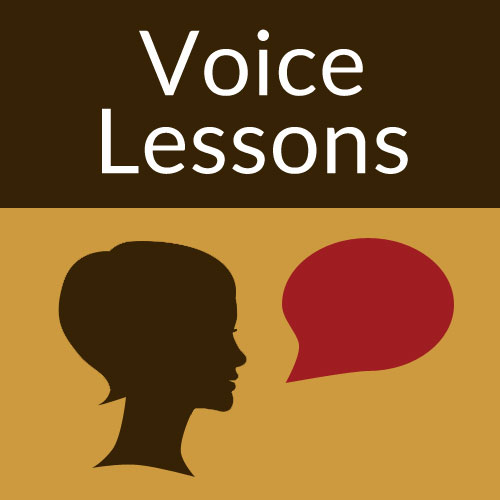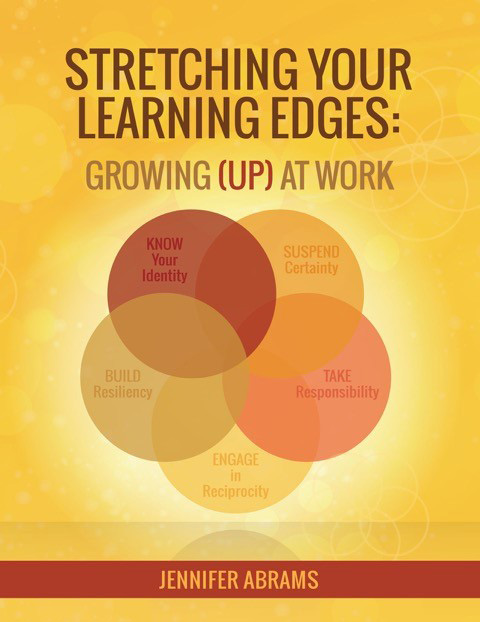Living On Our Patch of the World
July 1, 2019

Just spent a good hour on a Sunday afternoon listening to On Being’s Krista Tippett’s interview with leadership coach, Jerry Colonna. The podcast is entitled “Can You Really Bring Your Whole Self to Work?” It was so calming to hear Jerry talk about how we are all ‘messy.’ I immediately bought his book, Reboot: Leadership and the Art of Growing Up.
The On Being website sets up the interview like this: “We still work with the old idea that we should check the messy parts of ourselves at the door of our professional lives. But Jerry Colonna says doing so cuts us off from the source of our creativity. The result is that our organizations are poor places for collaboration…it’s only after we sort through the material of our personal lives that we can become better leaders.” I actually think this work is for all of us to do, not just formal leaders. We ALL have to sort through our ‘mess.’
This idea of understanding ourselves can be ‘no fun.’ If collaboration isn’t productive or working well, we want the other person to be wrong because it can’t be us who are at fault! I so get it. I have been there. Incensed that the other person isn’t doing what they should be doing; what is right. And in those moments, I am forgetting that I am living on my patch of the world and only seeing the world behind my own eyes.
My friend was working in Asia when she was asked to order some materials for Spring and being from Australia she ordered them for October, her Spring in the Southern Hemisphere. She was scolded for thinking Spring was in October! (Ah, the need for clarity before accountability.) But getting mistaken about seasons in each hemisphere is just touching the surface about our lack of understanding of where one another is coming from. We have so much that we don’t uncover about our understanding of the world from our upbringing and we expect that others should just understand the world the same way we do. As they say in Australia in response to something that isn’t going to happen, “Yeah, nah.”
I have spent the last few days with workshop participants who are frustrated others ‘can’t read the play’ or ‘read the room’ or ‘pick up the cues.’ Additionally, folks are frustrated with their colleagues for not having ‘common sense,’ not being ‘professional,’ not being ‘adult.’ Everyone should know what to do and ‘get on with it.’ I hear them. I know they’re frustrated. And how we express ourselves in a more humane and growth producing way often requires that we step back and look at our own mess too.
I can hear you from here. We can’t be bringing our childhoods into the workplace! We have others to take care of. We should be grownup, be adults! AND, yeah, nah. We do bring our whole selves to work, including our wounds and our childhoods. Can the workplace be a place where we learn to grow up, and to develop as more ‘grown up’ adults? I think so. And, it’s imperative.
I was once told that my specific work in professional learning was peripheral to the key work of the school. Beyond feeling deeply hurt because I initially took the comment personally, I looked behind the eyes of the speaker and saw his concern as ‘either or’ – the district needing to not spend time focusing on adult development but on student achievement and well being. Now, having licked my wounds, I can cite the research around relational trust among adults and how it strongly aligns with student achievement. Our development isn’t peripheral to the work in schools. It is essential. Join me, this messy 52 year old on the journey of growing up.
If you have any questions, comments or topic suggestions, please feel free to email me at Jennifer@jenniferabrams.com. I look forward to hearing from you!
Cool Resources
Come see me at the first one, read the second resource and implement the ideas from the third one.
Women in Education: Leading Perspectives Institute
The Women in Education: Leading Perspectives Institute (July 8-10 in San Antonio, TX) is designed to empower women to take the lead in their school communities, as well as to assist those who seek to champion change on behalf of women to have the greatest impact on student achievement. Over the course of three days, you will hear high-impact talks, contribute to candid conversations, and participate in a learning lab offering a deep dive into topics that will help unlock your leadership potential.
Holistic Leadership, Thriving Schools – Twelve Lenses to Balance Priorities and Serve the Whole Student by Jane A. G. Kise Lead a whole-child learning environment where student engagement and success thrive. This practical educational leadership book guides school leaders in using 12 powerful leadership lenses and the stages of leadership development to overcome challenges and balance priorities while still supporting the whole student.
Great article from Strategy+Business, May 23, 2019 – Create a workplace where everyone feels comfortable speaking up

